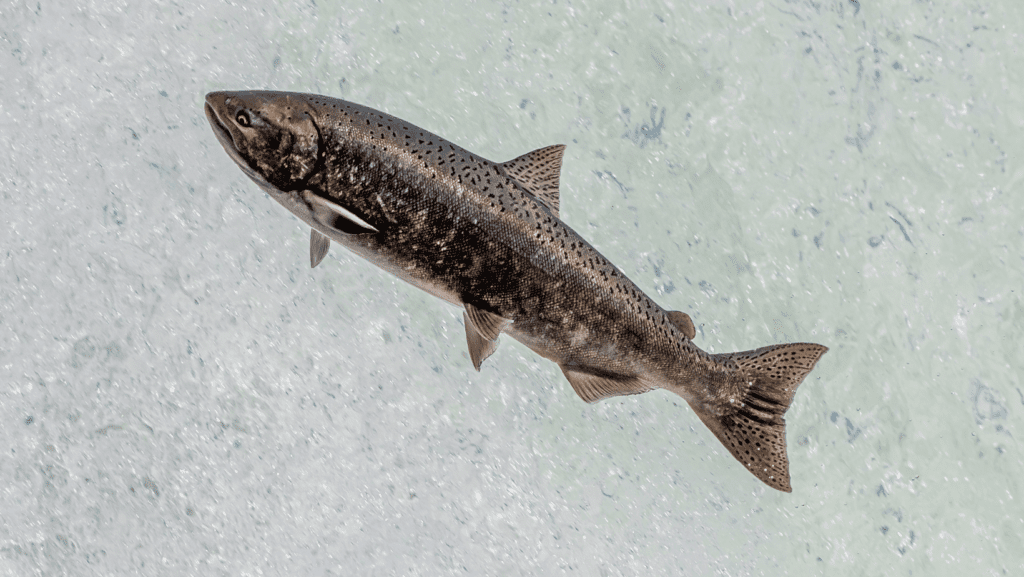The Washington Department of Fish and Wildlife has developed a draft Co-Manager Hatchery Policy for the hatcheries it operates jointly with tribal nations. This policy is meant to “supersede some or all” of the Department’s current salmon and steelhead hatchery policy (labeled C-3624), which the Fish and Wildlife Commission adopted in 2021. The Department will now carry out State Environmental Protection Act (SEPA) review for the new draft Co-Manager Hatchery Policy.
Unfortunately, this draft policy is riddled with vague statements that make it impossible to meaningfully analyze its environmental impact. It is unclear exactly what parts of the draft policy will supersede C-3624, so a reviewer cannot determine whether, for example, future policy will drop or compromise the Department’s commitments to wild salmon and steelhead conservation and recovery.
The Department may also be making promises to its tribal partners that it cannot keep, given its ongoing failure to meet many of its commitments concerning hatchery plans. In a 2020 assessment, the Department itself found glaring flaws in the implementation of its 2009 hatchery reform policy. Notably, the Department has never established a plan to collect information essential to monitoring the environmental impact of its hatchery operations. Nor has it ever conducted SEPA review of its enormous hatchery production increases, which it began in 2018.
Read Washington Wildlife First and the Wild Fish Conservancy’s letter to the Fish and Wildlife Commission for more information on the draft Co-Manager Hatchery Policy.
